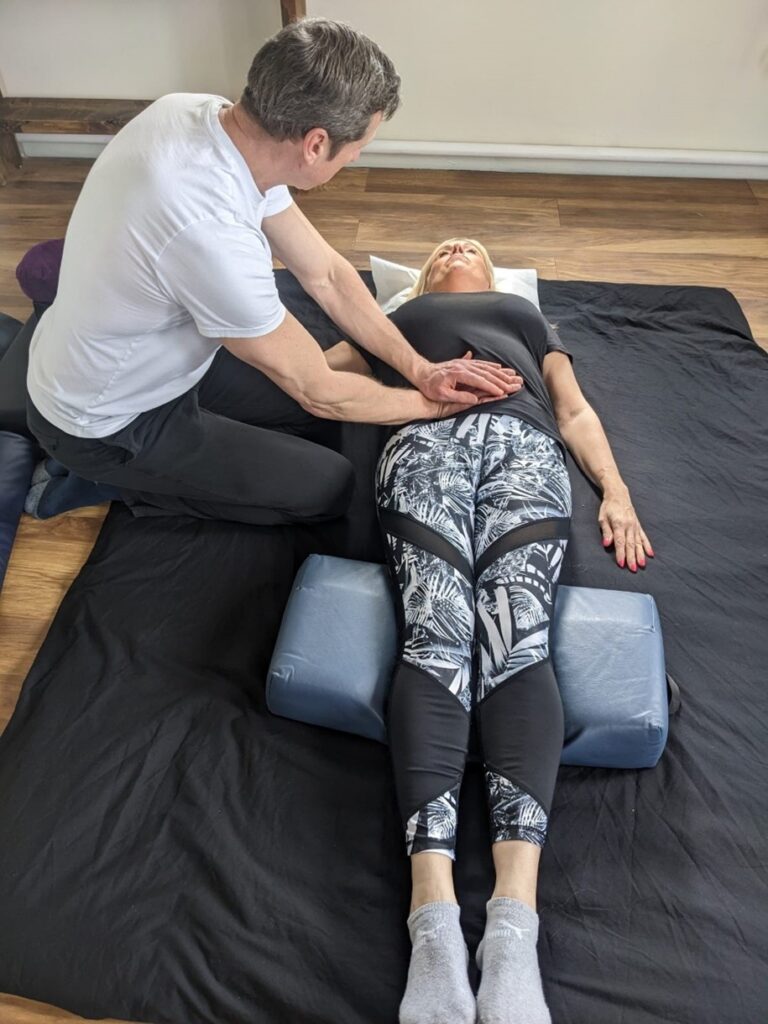IBS can have many symptoms including diarrhoea, constipation, bloating, stomach cramps and flatulence amongst others. There are steps we can take ourselves to help alleviate these symptoms such as dietary considerations and monitoring our use of alcohol. Also, when we eat can have an effect as our digestion system needs rest. With some people meals spread over a long period, even if small and light can rob our digestive system of this rest. Eating quickly, typically at our desk, also puts strain on our system with the food often not chewed enough and with our minds elsewhere, possibly stressed, interfering with the parasympathetic nervous system needed to allow digestion.
Movement and exercise can help as the gut microbiome improves with movement and it also helps us produce SCFA (short chain fatty acids) which improve the gut lining and have anti-inflammatory properties.
Chronic stress can also be a main contributor to IBS and gut problems as over time it can affect our immune system resulting in autoimmune conditions such as Inflammatory Bowel Disorder, diverticulitis and ulcerative colitis.
Lifestyle changes are likely to have the biggest impact on reducing the effect of IBS and digestive issues however, treatment of the hara called ampuku (Japanese stomach massage) can help the blood flow in this area and improve motility through the digestive tract. Traditional Chinese Medicine would point to an imbalance in the Earth Element which can be addressed by accessing the Stomach and Spleen meridians. Also, as stress and anxiety are often physically held as tension in the stomach clients have often said that ampuku allows them to relax and release the tension they are holding in their facia in this area.
Please note these articles are not intended to be a substitute for professional medical advice or diagnosis. Always seek professional medical advice for any conditions that may affect you or that you may be concerned about

